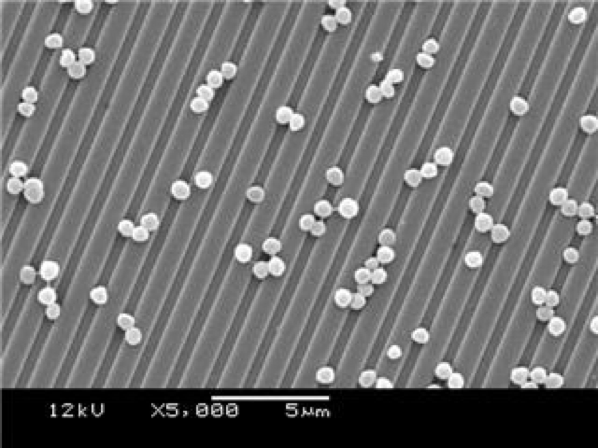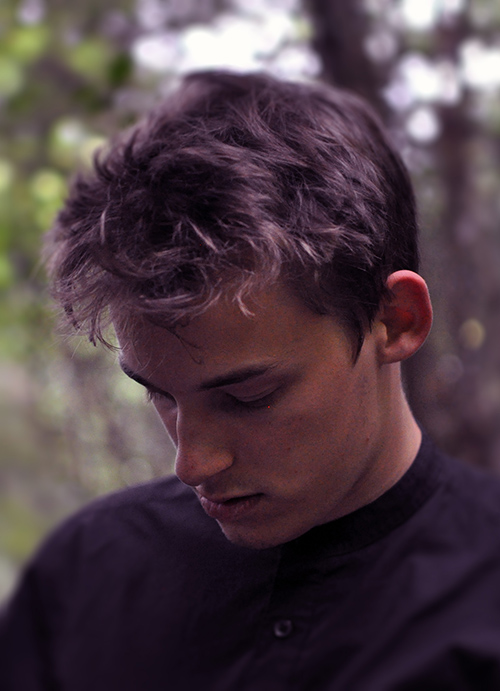Three Colonisations
Composer MICHAELBRAILEY and Professor Joanna Verran collaborate on a piece called Three Colonisations for Violin, Tenor Saxophone, Percussion and headphones, inspired by research into microorganisms
Scientist: Professor Joanna Verran
Professor of Microbiology

I am a microbiologist. My research focuses on the interactions occurring between microorganism and inert surfaces such as stainless steel, or plastic.
Once on these materials, microorganisms can die, survive, or multiply. The presence of viable (live) cells on these surfaces poses a ‘cross-infection’ hazard, with applications in the medical/hospital environment, food processing factory or domestic kitchen.
Our work attempts to characterise and modify the surfaces to make them less attractive to microorganisms, for example by making them anti-adherent or antimicrobial. Thus, cells might not be able to attach, or grow – or they might grow more slowly.

Composer: MICHAELBRAILEY
 When microorganisms attach to a surface, if they are able to grow, the surface may be colonised. The type of surface can greatly affect the success of colonisation; for example, a smooth surface is easier to clean, but a surface with many defects can retain microorganisms.
When microorganisms attach to a surface, if they are able to grow, the surface may be colonised. The type of surface can greatly affect the success of colonisation; for example, a smooth surface is easier to clean, but a surface with many defects can retain microorganisms.
If a surface is left unsterilized, these microorganisms may grow into complex structures and interrelated communities called ‘Biofilms’.
In this piece, three instrumentalists carry out three separate, insular explorations of musical ’surfaces’ – sustained sounds or prolonged gestures of varying instability. During the performance, they receive a delayed live audio-feed through their headphones of themselves performing. They must emulate this signal as closely as possible, causing the music to grow organically out of mistake, omission and accidental addition, akin to microbial replication. These mutations, in-turn, are re-recorded and re-emulated, generating considerable, unpredictable variation as the piece continues.
Concurrently, freely-chosen microbial cells of music are introduced on top of this process, disrupting the static ‘surfaces’ and causing both microbe and surface to evolve over time. Depending on certain variables including the level of accidental mutation and the cells chosen by the performers, the instrumentalists will culture forever-growing, bespoke musical biofilms from written and heard notation.
MICHAELBRAILEY writes electronic music and music for performance that foregrounds an intimate relationship with technology. His music for performance often involves multimedia and electronic sound, and frequently mediates soloist and ensemble interaction with performative technology and devices. He has been performed by The National Youth Orchestra of Great Britain, members of the Aurora Orchestra, Juice Vocal Ensemble and more, at venues including the Royal Festival Hall, Tate Modern, Whitworth Art Gallery and The Royal College of Music. He is also the curator of VIRTUALLYREALITY, an event series showcasing compelling new music involving electronic sound, performance, technology, multimedia, light, and more.

